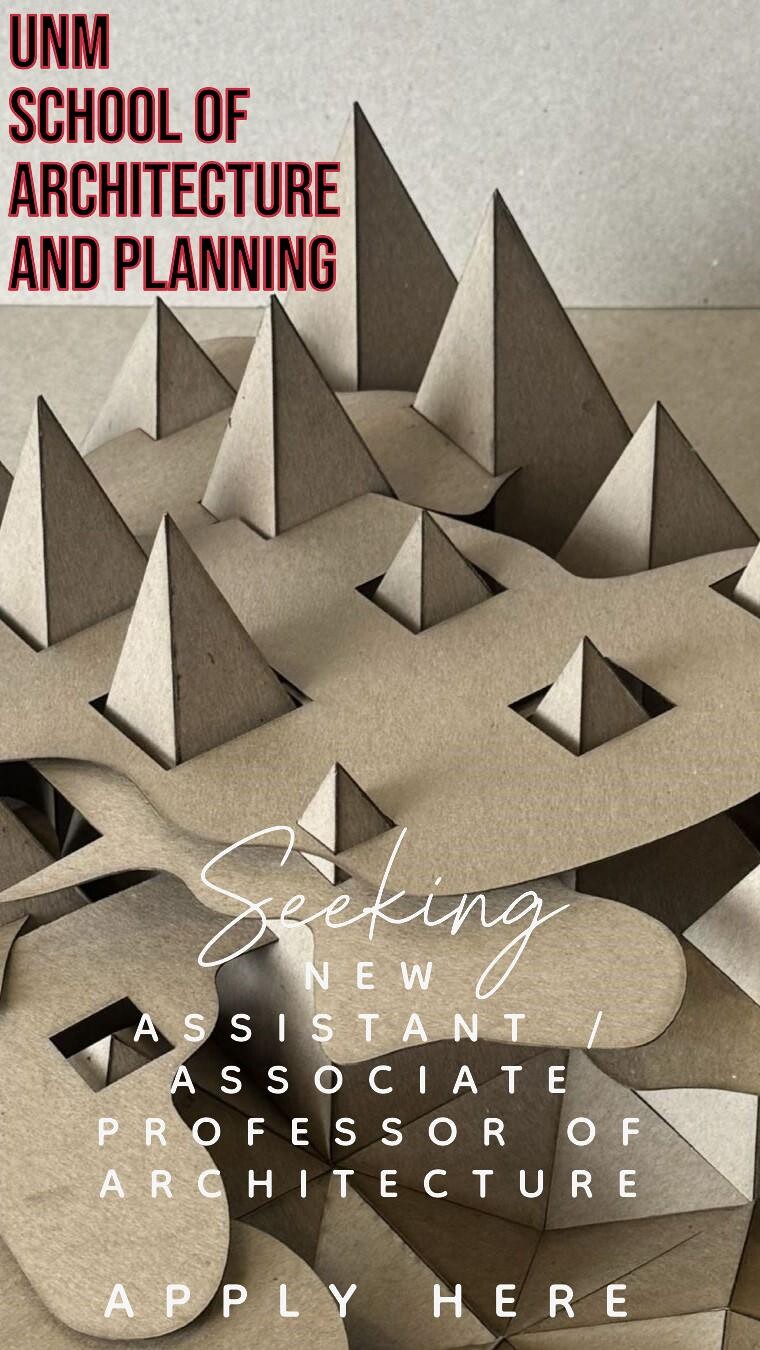November 18, 2018–March 24, 2019
50 Xingshikou Rd, Haidian District
Sector-A, Inside-Out Artist Colony
100195 Beijing
China
Hours: Wednesday–Friday 11am–6pm,
Saturday–Sunday 10am–6pm
T +86 10 6273 0230
info@ioam.org.cn
Beijing Inside-Out Art Museum (IOAM) is pleased to present The Lonely Spirit, an exhibition curated by the prominent Chinese scholar Dai Jinhua (Professor at the Institute of Comparative Literature and Culture, Peking University) and Su Wei (senior curator of IOAM). This time, we juxtapose the so-called contemporary art with other artistic creation and productive forms in China. The latter include but not limited to theater, documentaries, films, internet culture, subcultures, literature, and debates in thought. In the exhibition, we will look at the 1990s and the last couple of years in the new millennium, trying to provide a slice of arts through which we can observe it in terms of its position in the new period of China, its attributed values, and the efforts made by innumerable individuals.
In the context of the Chinese society and its cultural reality, to be able to identify the mainstream value serves as the key to the understanding of Chinese culture, including its artistic representations, its shifting taste as well as its conceptual coordinates. However, there is still very little agreement concerning what mainstream value is, how many variations there exist, and what they can do. The past four decades have seen drastic changes taking place. Interestingly, the role of mainstream value in this particular socio-cultural context has been one of constant exposure in the limelight, contrary to what is to be expected in a more “normative” society where the mainstream often ventriloquizes or masquerades under an invisible cloak. In the meantime, to foreground the action of “imagining” is to emphasize the imagination that has been functioning on a different plane since the turn of the new century. Confrontations with the mainstream value—perceptible within a certain range—are generally represented as tragic to a degree, yet such representations are responsible for the negligence of the self-suspension of the mainstream, the imagination and expectation projected in the mainstream. More importantly, the sea change of Chinese society over the past four decades takes place not because a completely planned power structure had commanded so, yet it could not have happened had not the authority conceded to it the “elbow room.”
We raise the issue of mainstream value projected on China’s arts and question the still existing authoritative framework China’s arts find themselves in, neither because it is embarrassing or hard to prove, nor because it possesses absolute power. In fact, in contemporary art and other fields of artistic production in China, it is not unusual to see works and reflections that take advantage of the so-called mainstream resource and mechanism. There is also no lack of ambition or desire to create new mainstream value, nor is returning to the mainstream camp from its opposite side a rare thing. Raising the issue is not a mere exposure of our “inner shame.” We hope to outline the area where arts and authority can achieve mutual toleration in a special historical period, and within this area of mutual toleration, describe the inner impetus and critical power of arts. We wish to explore how the cultural and political roles shared by these creative and productive forms change, if they have abundant inner impetus and questioning, and what kind of dialogue they maintain with the authority.
Participant artists: Fu Shanchao, Liu Zhangbolong / Guang Jun / Hao Jingban / Hu Wei / Jiang Yue / Kong King-chu / Liang Ming, Mu Deyuan / Li Dafang / Li Shaohong / Li Yan / Liu Ding / Lu Wangping / Mou Sen / Mok Chiu-yu / North Gate Workers’ Theatre + Grass Stage / Ellen Pau / Wang Bing / Wu Wenguang / Xia Gang / Yan Zhou / Ye Xuan / Yu Jian / Yu Ying / Danny Yung / Zhang Jianya / Zhang Yuan / Zhao Dajun / Zhuang Hui.


